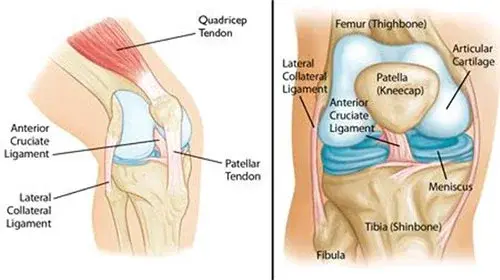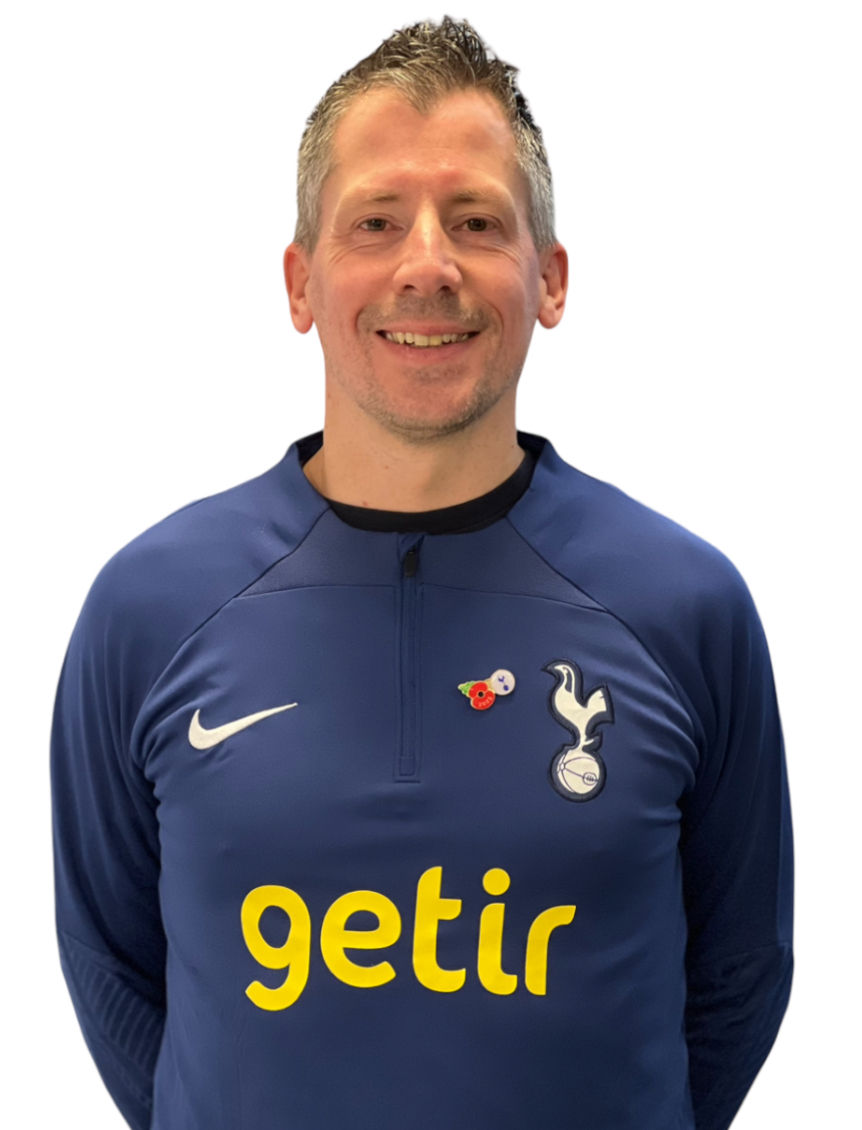Knee Injury Update: Positive Developments and the Road Ahead
- NexxtGen Football
- Jan 27, 2024
- 2 min read

#football #soccer #footballinjuries #footballinjury #kneeinjury #lcl #meniscus #acl #mcl #physio #physiotherapy #kneeinjuries
Book my physio: https://urban.co/p/mariat3871
Hello everyone,
I know a lot of you have kindly asked and so I thought I'd give a little update on the journey through my knee injury. There have been some positive developments, and I want to share more about the specific aspects we're potentially dealing with – the meniscus and the LCL (Lateral Collateral Ligament).
The MRI has thankfully been brought forward, now scheduled for Sunday, 4th Feb (originally 7th March), and is a significant step forward. It will provide crucial insights into the nature and extent of the injury, guiding us towards an effective recovery plan.
Let's delve into the details:
Meniscus:
The meniscus is a C-shaped cartilage in the knee that acts as a cushion, distributing weight, and providing stability.
When injured, often due to a forceful twist or direct impact, it can lead to a meniscus tear.
Symptoms may include pain, swelling, and a feeling of instability. In my case, I've been experiencing sudden, searing pain behind the knee during various activities.
LCL (Lateral Collateral Ligament):
The LCL is one of the four major ligaments in the knee, providing lateral stability.
Injuries to the LCL can occur due to a direct blow to the inner side of the knee or excessive force applied from the outer side.
Straining the LCL can lead to symptoms such as pain on the outer side of the knee and instability. In my case, the physio noted a strain on the LCL during the examination.
To manage these issues, the physiotherapist has recommended a multifaceted approach:
Regular Icing: This helps in controlling swelling, a common symptom of both meniscus tears and LCL strains.
Heat Therapy: Applied in the evening, it aids in relieving discomfort and promoting relaxation.
Specific Exercises: These are designed to target the affected areas, focusing on strengthening the muscles around the knee and improving flexibility.
Keep Moving: Walking regularly is emphasised to prevent stiffness and maintain overall mobility.
While facing these challenges is undeniably tough, the proactive measures being taken, including the earlier MRI and targeted physiotherapy, instill confidence in the recovery process. The support and encouragement I've received from everyone are truly appreciated.
As we await the results of the MRI, I'll continue with the prescribed routine, hopeful for a clearer picture and a path forward.
Thank you for your continued support.
Best regards,

Steve Halls

Comentários